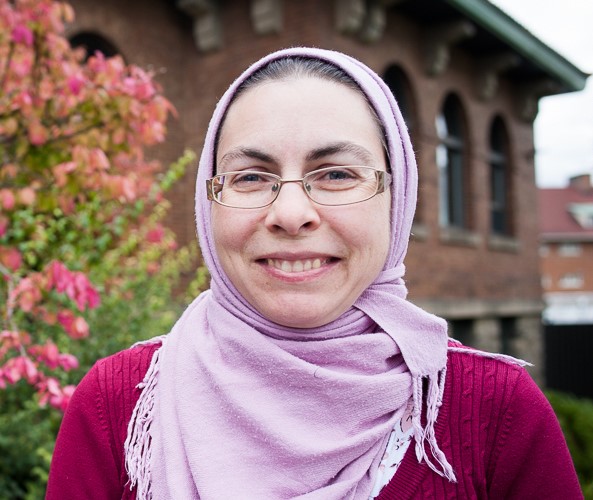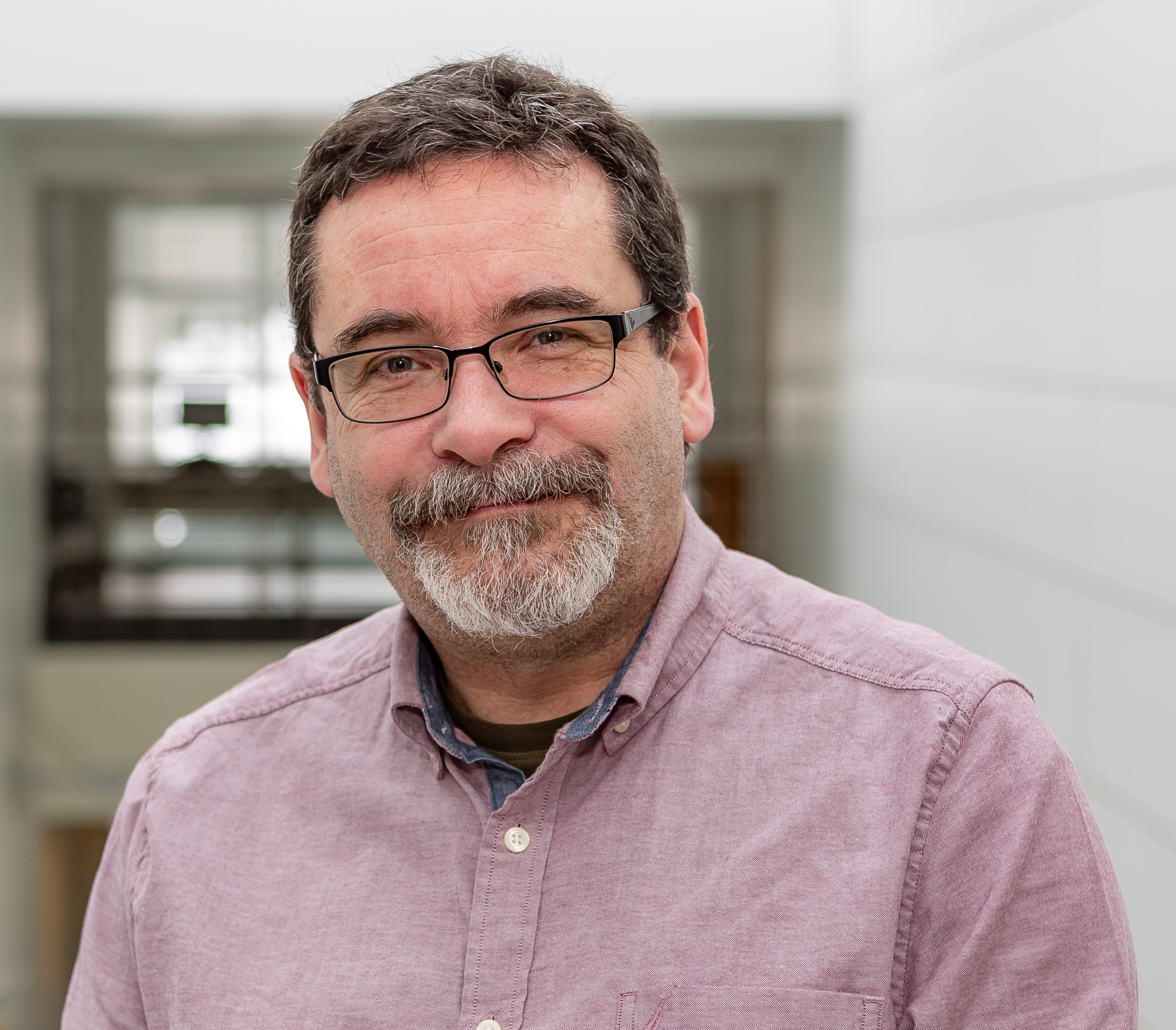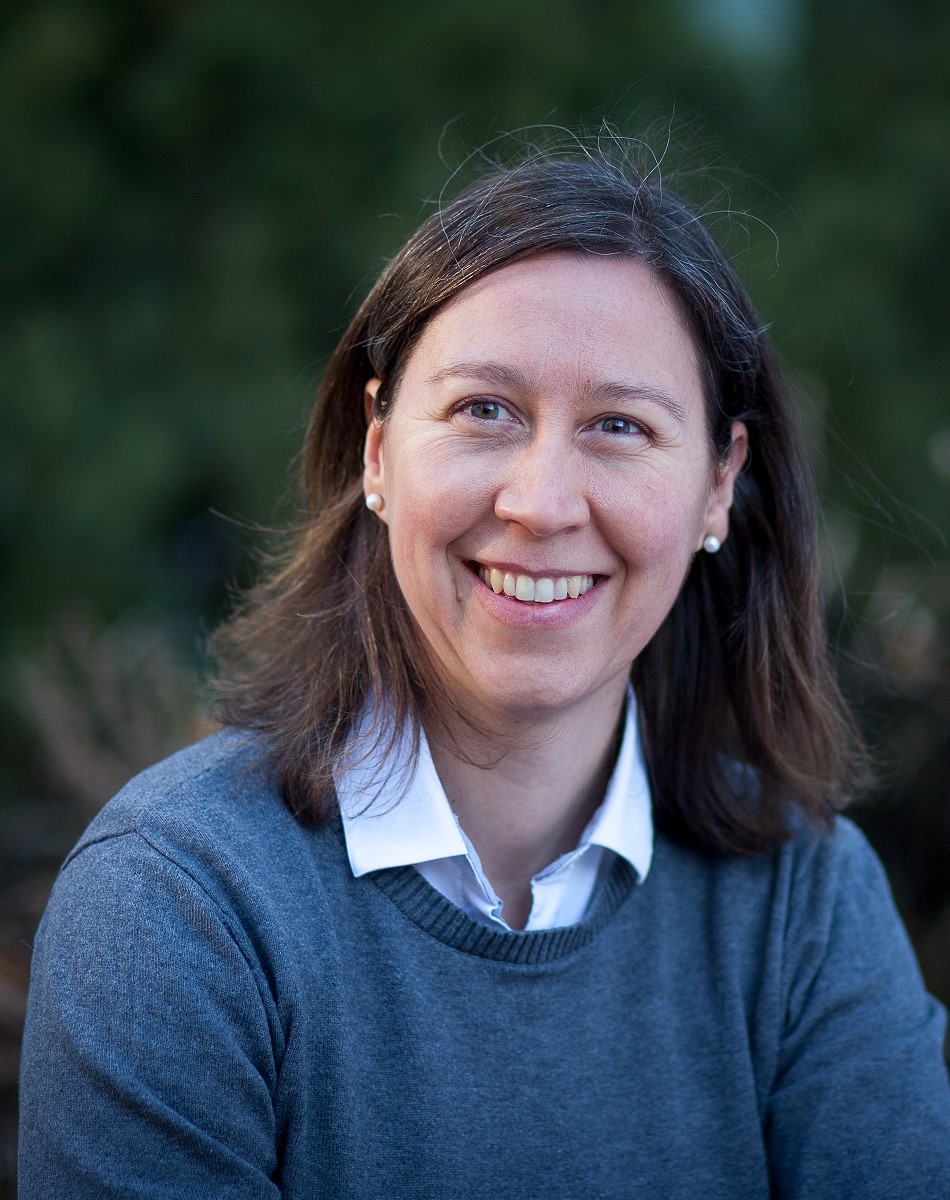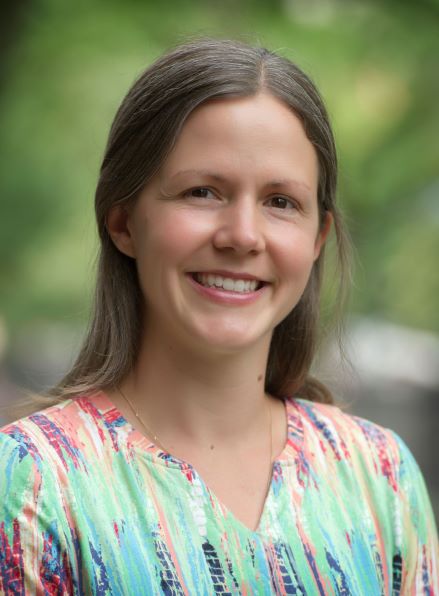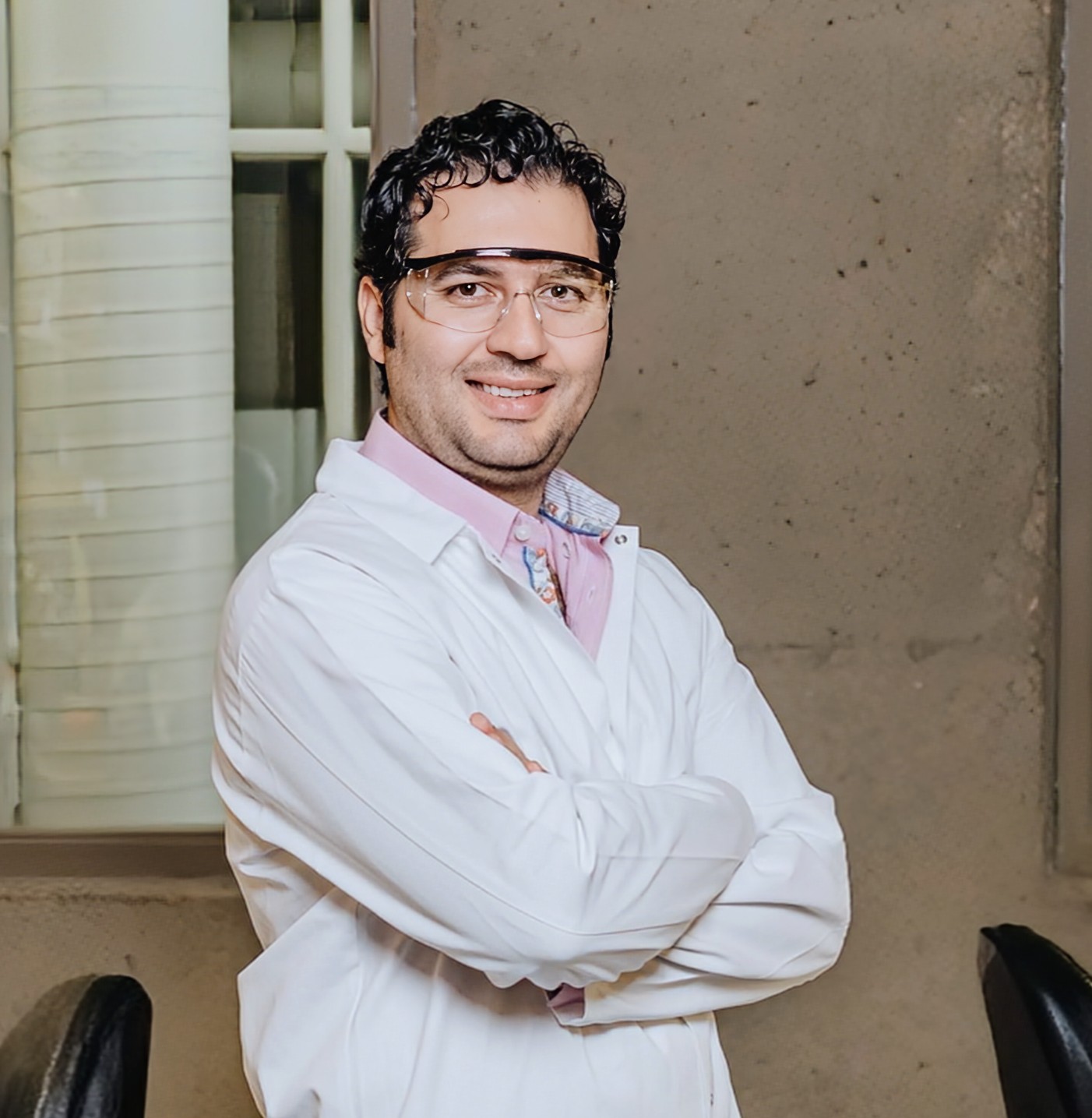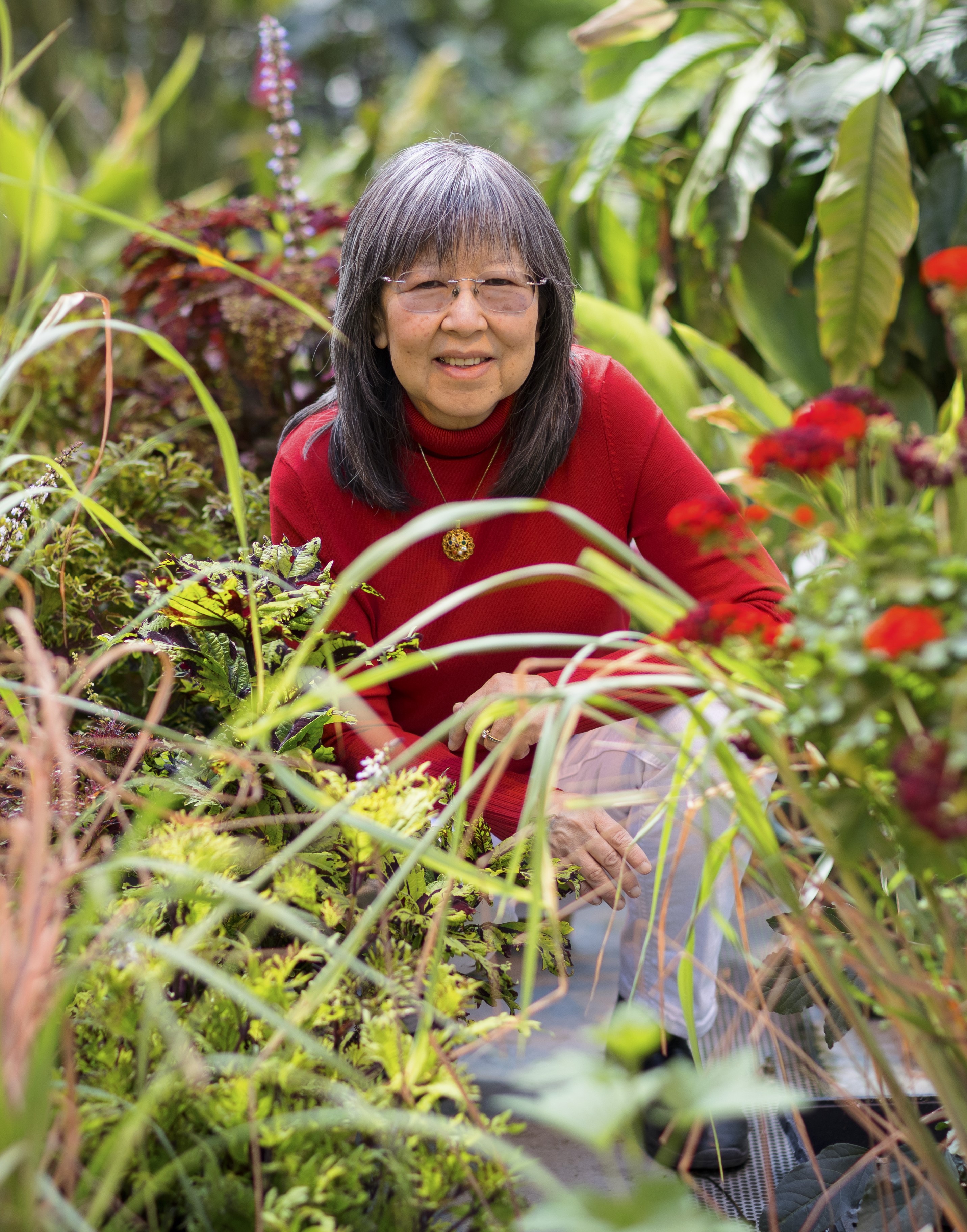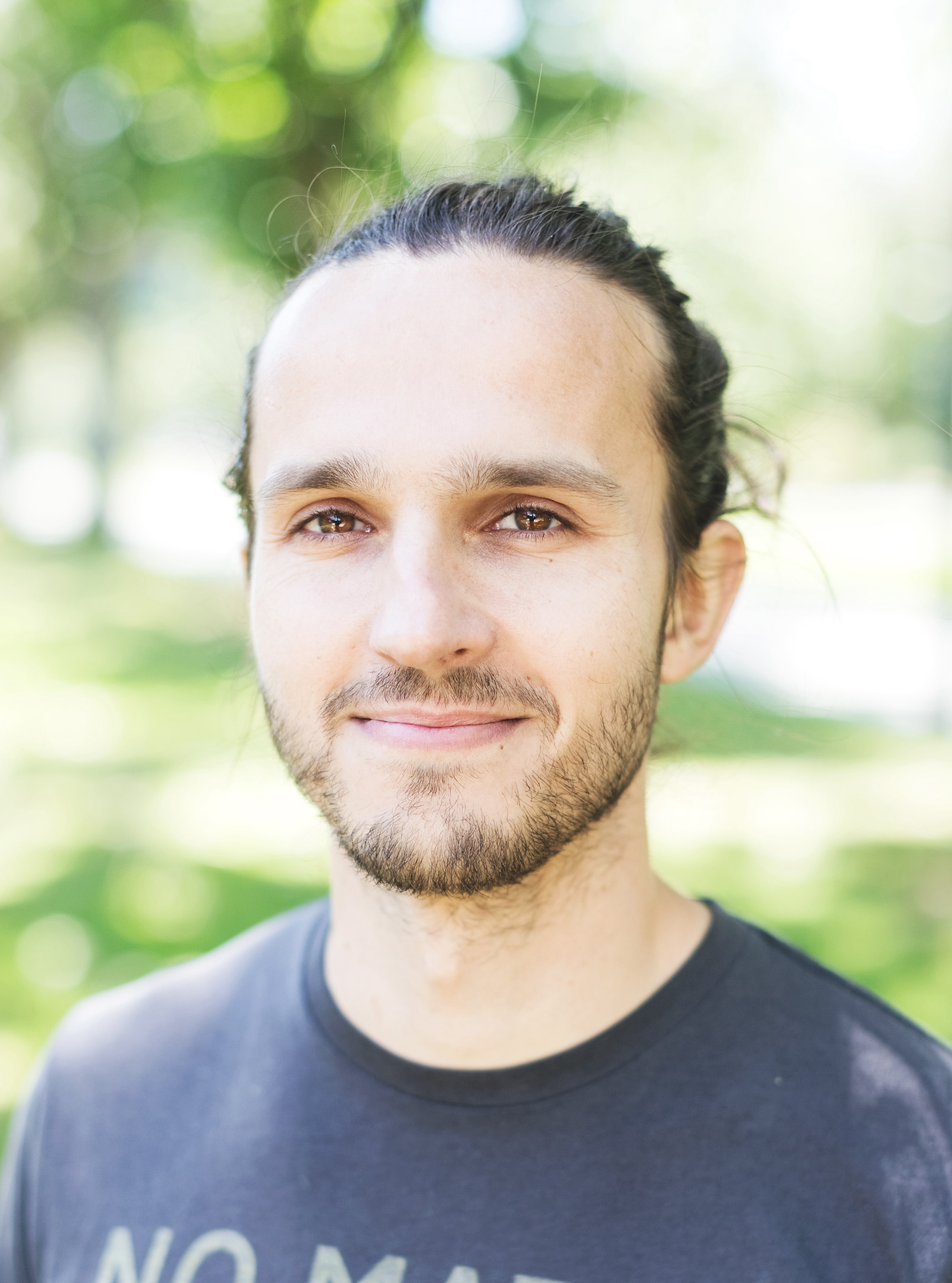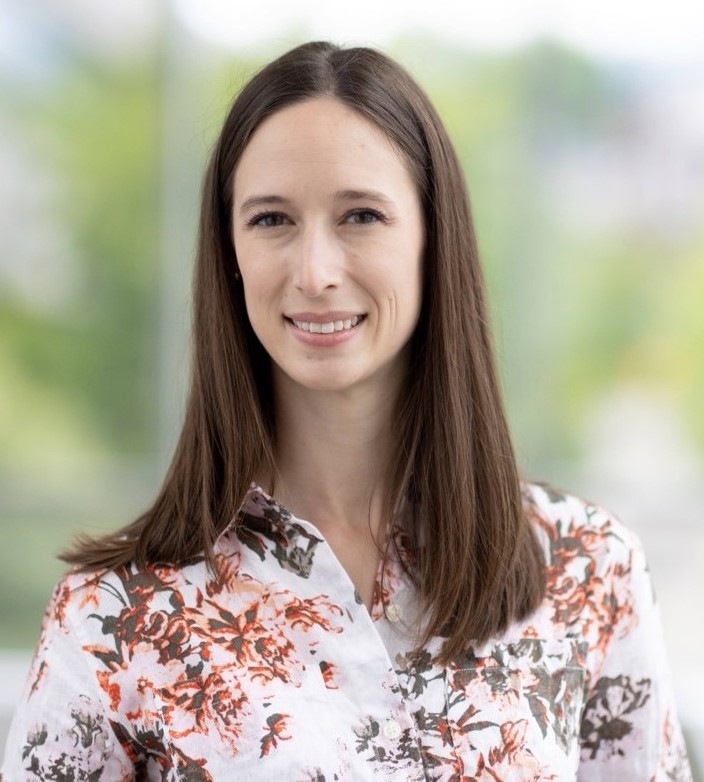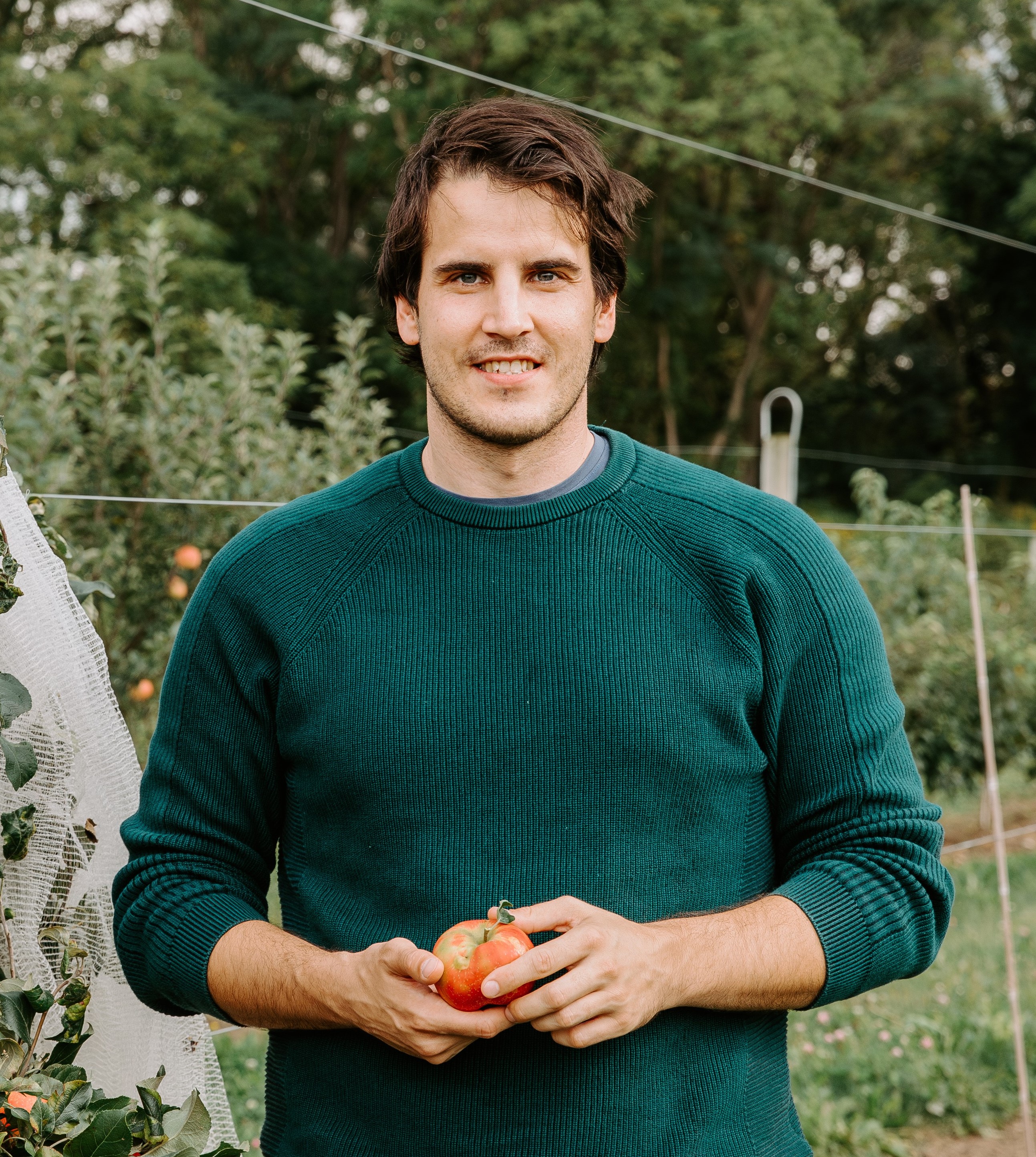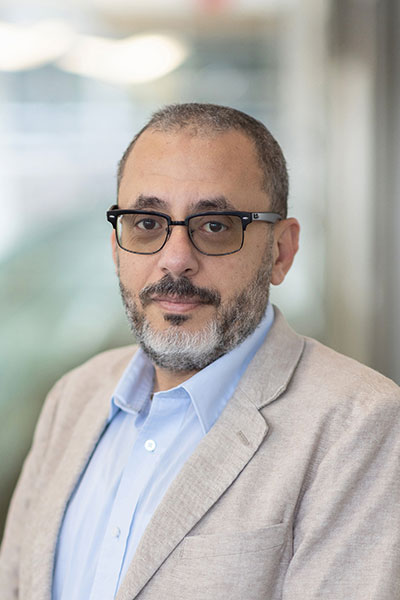 Keynote & Invited Speakers
Keynote & Invited Speakers
|
Keynote Speakers |
|
|
William
Dawson Scholar; Professor, McGill University Joann K. Whalen holds a James McGill
Professor research chair at McGill University and is an
Affiliate Professor at the Chair of Sustainable Soil
Sciences of the Mohammed VI Polytechnic University in
Morocco. She received her B.Sc. (Agr.) from Dalhousie
University, an M.Sc. from McGill University and Ph.D. from
Ohio State University (USA). She is a professional
agronomist (agronome) in Quebec, Canada. She was President
of the American Society of Agronomy in 2023. Joann’s research covers soil biology,
soil health and agricultural nutrient management. She has
been the supervisor/ co-supervisor of 80 graduate students
and postdoctoral researchers, with more than 280
peer-reviewed scientific articles. She is an Editor-in-Chief
for Soil Biology and Biochemistry, the top scholarly journal
in the soil sciences and a Review Editor for PNAS Nexus
published by the National Academy of Sciences (USA). Joann
is a Fellow of the Soil Science Society of America and of
the Canadian Society of Soil Science. Joann has spent her career working on
issues in sustainable and resilient agriculture, through the
implementation of integrated soil and fertilizer management
planning, conservation tillage, and diverse rotations that
include perennial crops and trees. Currently, she is leading
research projects on the plant root microbiome, including
bioinoculation with microbial and other products to improve
crop tolerance to heat, water and salt stress.
|
|
|
Professor, College of Agriculture and
Bioresources, University of Saskatchewan Steve Shirtliffe is the director of the
Nutrien Digital and Sustainable Agriculture Centre for
Sustainability (NDACS) in the College of Agriculture and
Bioresources at the University of Saskatchewan. Shirtliffe
is also a professor in the Department of Plant Sciences at
the University of Saskatchewan. His academic position
involves teaching, research, and extension in the areas of
crop imaging and agronomy. Past and current research
projects have focused on phenotypic and agronomic
applications of crop imaging using UAV and satellite
imagery. He collaborates widely with computer scientists,
plant breeders, geographers, economists soil scientists and
engineers to form dynamic research groups to tackle
inter-disciplinary problems related to crop production.
Professeur
titulaire, Université Laval Dominique Michaud is a Professor of Plant Physiology and Molecular Biotechnology at Laval University, Québec City. He started his career at Laval U in the late 1990’s, after completing doctoral and postdoctoral studies in Plant Biology at Laval U, CNRS in France and UBC in Vancouver. Over the past 30 years, Dominique has developed a broad expertise in plant physiology, proteomics and molecular biotechnology, notably working on the basic and translational aspects of plant stress physiology and recombinant protein processing in plant systems. He has developed strategies to improve the yield and stability of recombinant proteins in plants, including tools to protect them from degradation and facilitate their maturation in foreign cellular environments. Recent advances in Dominique’s lab include the rational engineering of hormonal physiology and plant architecture by different means, including Agrobacterium plasmid design, genetic transformation and CRISPR-Cas9 gene editing. Dominique has published over 150 primary research papers, review articles, book chapters and editorials over the years, also filing several patents related to recombinant protein expression in plant systems. He has shown interest in the societal and regulatory aspects of plant biotechnology in Canada and abroad, conducting impact studies on GM crops for different government bodies and serving on different plant biotechnology panels and committees at the national and international levels. Dominique is currently Head of Plant Research and Innovation Centre at Laval U, Past-President of the Canadian Association for Plant Biotechnology, and Senior Editor for PBJ, Wiley’s top-tier journal in plant molecular .
https://www.ulaval.ca/la-recherche/repertoire-corps-professoral/dominique-michaud
|
 |
|
Invited Speakers |
|
|
Assistant Professor; Western Grains
Research Foundation (WGRF) Integrated Agronomy Research
Chair, College of Agriculture and Bioresources, University
of Saskatchewan
Maryse Bourgault is the WGRF Research
Chair in Integrated Agronomy. Maryse was trained as a crop
physiologist during her PhD at McGill University. Before
coming back to Canada, she worked in Australia and the USA
to investigate drought adaptive traits in various crops and
their impact on productivity with predicted climate change
impacts. In recent years, Maryse’s research program aims to
take a broad look at how agronomic practices can be
developed or adapted to address sustainability and
resilience issues. She is particularly interested in testing
alternative systems, for example, cover crops,
intercropping, re-integrating livestock with grain cropping,
and winter broadleaf cultivation, to support soil health,
crop productivity and resilience in growing environments
that are subject to low and variable rainfall such as the
semi-arid Northern Great Plains. She also continues to
research root systems in pulse crops. Looking to the future,
Maryse is also interested in taking a systems approach that
includes economic and quality-of-life considerations as part
of the discussion on sustainability and resilience of
Western Canadian farms.
Dr. Kimberley Schneider Assistant Professor, Plant Agriculture,
University of Guelph
Kim Schneider is an Assistant Professor
in Forage and Service crops in the Department of Plant
Agriculture at the University of Guelph. Her research
program takes a systems-based approach to address agronomic
questions in forage and cover crop production, and to assess
their role in increasing soil fertility and nutrient-use
efficiency. The research evaluates best management practices
and the impact of pasture management, including rotational
grazing, on soil organic carbon sequestration.
The goal of her research program is to promote the
reintegration of crop and livestock systems, aiming to
improve both economic and environmental outcomes for
producers.
Dr. Davoud Torkamaneh Professor, Computational Biology, Université Laval
Dr. Davoud Torkamaneh is an
Associate Professor in the Department of Plant Sciences at
Université Laval, a computational biologist by training,
with extensive experience in applied plant genomics. A
passionate researcher and educator, his expertise lies at
the intersection of genomics, artificial intelligence, and
biotechnology, driving cutting-edge advancements in plant
breeding and genetic research.
https://www.ibis.ulaval.ca/en/research/davoud-torkamaneh/
Dr. Karen Tanino Professor, College of Agriculture and
Bioresources, University of Saskatchewan Dr. Karen Tanino is a full professor at
the University of Saskatchewan in the Department of Plant
Sciences, College of Agriculture and Bioresources. Her area
of research has focused on plant abiotic stress physiology
(frost, drought, heat, salt), publishing over 130 refereed
journal articles. Among many conferences,
she chaired the 1st and 2nd Saskatchewan Food Summits,
co-chaired the 1st northern Greenhouse conference, was the
Northern Food Security Thematic Network Lead under the
University of the Arctic, initiated and founded the Prairie
Horticulture Certificate Program, a home-based study
curriculum with an enrolment of thousands of students since
its inception. She held the W.J. White Professorship, was
the second person to have been designated Global Fellow of
Iwate University (Japan), is Adjunct Professor in the Dept.
Crop Physiology, University of Agricultural Sciences (GKVK),
Bangalore India, was President of the Canadian Society for
Horticultural Science 2016 – 2018 and in 2022 she was
awarded one of the 7 most influential women in Canadian
agriculture.
https://agbio.usask.ca/faculty-and-staff/people-pages/karen-tanino.php
Dr. Marco Todesco Michael Smith Laboratories and Department of Botany, University of British Columbia’s Vancouver Campus Marco Todesco is a
plant geneticist and genomicist at the University of British
Columbia. He received an MSc in plant biotechnology from the
University of Padova in Italy and a PhD in plant genetics at
the Max Planck Institute for Developmental Biology in
Tuebingen, Germany. His research aims to
understand diversity and adaptation in plants and how this
knowledge can be used for crop improvement, using a
combination of approaches from molecular biology to
genetics, genomics, evolutionary biology and ecology. His
research on the genetic basis of adaptation has shown the
importance of large chromosomal inversions in maintaining
complex adaptations. His work on cannabis focuses on
generating genomic resources and using them to characterize
traits that can improve cannabis production and
sustainability, and in understanding the origins and
domestication history of this species. He is a co-lead of
the plant section of the Canada BioGenome Project, which
aims to sequence the genomes of hundreds of species
representing Canadian biodiversity, and the coordinator of
the International Consortium on Sunflower Genomics, a
private-public partnership dedicated to generating genomic
resources and tools for sunflower improvement.
https://www.msl.ubc.ca/people/dr-marco-todesco/ Canada Research Chair in Berry
Horticulture; Assistant Professor, Agriculture; Director,
BERRI Centre, University of the Fraser Valley
Dr Lauren Erland is an Assistant
Professor in the Agriculture Department at UFV and Canada
Research Chair Tier II in Berry Horticulture. She is also
Director the BERRI Research Centre and her associated lab
which have the overall goal of enhancing resilience of berry
horticulture systems in the Fraser Valley and beyond.
Assistant Professor, College of
Agriculture and Bioresources, University of Saskatchewan
Anze Svara is an assistant professor in
the Department of Plant Sciences at the College of
Agriculture and Bioresources, University of Saskatchewan. He
leads a research and breeding program focused on improving
horticultural crops for the Northern Prairies. He aims to
understand the genetics of important traits to enhance crop
quality, increase production efficiency, and support
sustainability, all while meeting consumer needs. Anze’s
research explores both wild relatives and modern varieties
of crops such as haskap, saskatoons, apples, and hazelnuts.
By developing new fruit varieties, he and his research team
are helping to shape the future of the global fruit market.
https://agbio.usask.ca/faculty-and-staff/people-pages/an%C5%BEe-%C5%A1vara.php
|
 |
|
Local Invited Speakers |
Professor, Biology & Biotechnology, Okanagan Institute for Biodiversity, Resilience, and Ecosystem Services (BRAES), University of British Columbia.
Miranda Hart is a Professor in the Department
of Biology at the University of British Columbia-Okanagan with a
research focus on microbial ecology of soil microbes in applied
systems. She has done extensive work on the use of biofertilizers
and cover crops in viticultural systems. She uses molecular
approaches to understand how agricultural practices change soil
microbial communities, and how these changes are reflected in plant
performance.
https://biology.ok.ubc.ca/about/contact/miranda-hart/
Professor, Computer Science, University of British Columbia.
Dr. Mohamed Shehata is an accomplished academic
and industry leader with a distinguished career spanning over two
decades in both theoretical and applied interdisciplinary research.
He earned his B.Sc. with Honours in 1996 and his M.Sc. in Computer
Engineering in 2001 from Zagazig University, Egypt. He subsequently
completed his Ph.D. in 2005 at the University of Calgary, Canada.
Following his doctoral studies, Dr. Shehata
held a Postdoctoral Fellowship at the University of Calgary before
transitioning to industry as Vice President of Engineering and
Research at Intelliview Technologies Inc., where he led advanced
developments in intelligent vision systems.
In 2013, Dr. Shehata joined Memorial University
as an Assistant Professor, then as an Associate Professor in 2019.
Later that year, he joined the Department of Computer Science,
Mathematics, Physics, and Statistics at the University of British
Columbia (UBC), Okanagan campus, where he is currently a full
professor, continuing to contribute to research and teaching
excellence.
His research focuses on interdisciplinary computer vision, with emphasis on video and image processing, intelligent camera systems, and real-time analytics. He is particularly known for applying his research in emerging domains such as precision agriculture, biomedical imaging, and digital health.
https://cmps.ok.ubc.ca/about/contact/mohamed-shehata/
Assistant Professor, Biology & Biotechnology, University of British Columbia.
